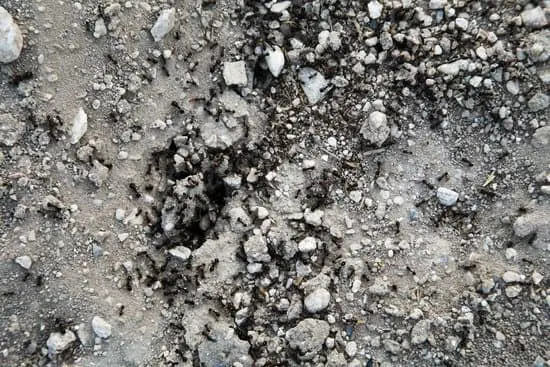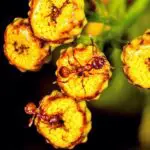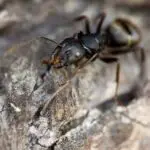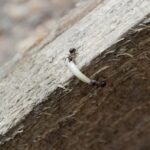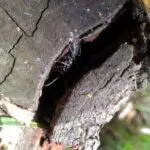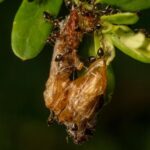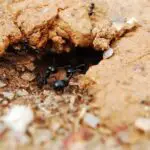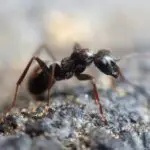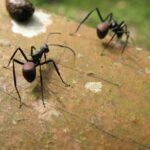How Do Ants Damage Plants?
Unlike birds and bees, ants do not feed directly on plants. However, they play an important role in the ecosystem. They protect plants from pests and herbivores, and provide food for larger insects. Besides being a food source, ants help control soft-bodied garden pests.
If you live in an area where ants are a nuisance, try to keep them away. There are many ways to repel ants. One of the easiest ways is to spray lemon juice on potting soil. This will discourage ants from crawling across the plant.
You can also use flyscreen mesh to keep ants out of your pots. Another way to keep ants away is to spray a solution of organic horticultural oil on the plants. This will smother the pest insects, but will not harm the beneficial insects.
Some species of ants help plants, such as common garden ants, which feed on aphids and mealybugs. They also help control soft-bodied garden pests, such as caterpillars.
Another way ants help plants is by aerating the soil. When ants aerate the soil, it makes the soil easier for moisture to penetrate. This will help the plant absorb more nutrients.
Some plants provide ants with a food source, such as honeydew. Honeydew is a sweet nectar that ants collect from aphids. These ants then turn the dead insects into fertilizer. They are also attracted to nectar on plant stems and sepals.
A few species of ants, such as Fire Ants, can be a problem for plants. They are known to tunnel through the root system of plants. They are also known to attack young buds and seeds, which can lead to significant damage. They also bite people and cause allergic reactions.
